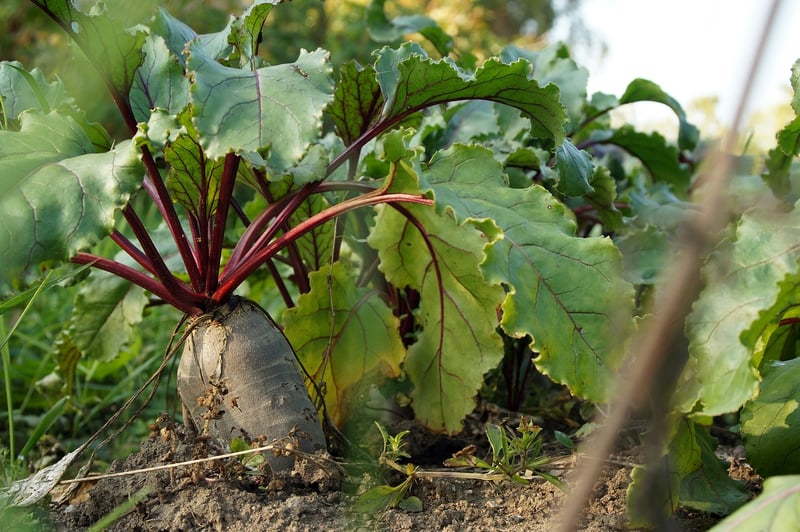Soil Nutrition
Maintaining Plant Health Through Soil Nutrition
Proper soil nutrition is the foundation for healthy plant growth. By ensuring that your plants receive the necessary nutrients from the soil, you can promote strong root development, vibrant foliage, and bountiful blooms. Here are some essential tips for maintaining plant health through soil nutrition:
1. Soil Testing
Before planting anything, conduct a soil test to determine its nutrient levels. This will help you understand which nutrients may be lacking and which are abundant in your soil.
2. Organic Matter
Adding organic matter such as compost or well-rotted manure to your soil can improve its structure, water retention, and nutrient content. Organic matter also provides a slow release of nutrients, feeding your plants over time.
3. Fertilization
Supplementing your soil with fertilizers can help provide specific nutrients that may be deficient. Choose fertilizers based on the needs of your plants, whether they require more nitrogen for leafy growth, phosphorus for root development, or potassium for flowering and fruiting.
4. Mulching
Applying mulch around your plants can help retain moisture, regulate soil temperature, and suppress weeds. Organic mulches like straw, wood chips, or leaves can also break down over time, enriching the soil with nutrients.
5. Crop Rotation
Rotating your crops each season can help prevent nutrient depletion in the soil. Different plants have varying nutrient needs, so rotating crops can ensure a more balanced nutrient profile in your soil.
6. pH Balance
Check the pH of your soil regularly as it can impact nutrient availability to plants. Most plants prefer a slightly acidic to neutral pH range. If your soil is too acidic or alkaline, you can amend it to achieve the optimal pH for your plants.

By following these tips and paying attention to your soil's nutrient content, you can create an optimal environment for your plants to thrive. Remember, healthy soil leads to healthy plants!
For more information on maintaining plant health and soil nutrition, consult with your local agricultural extension office or gardening center.
